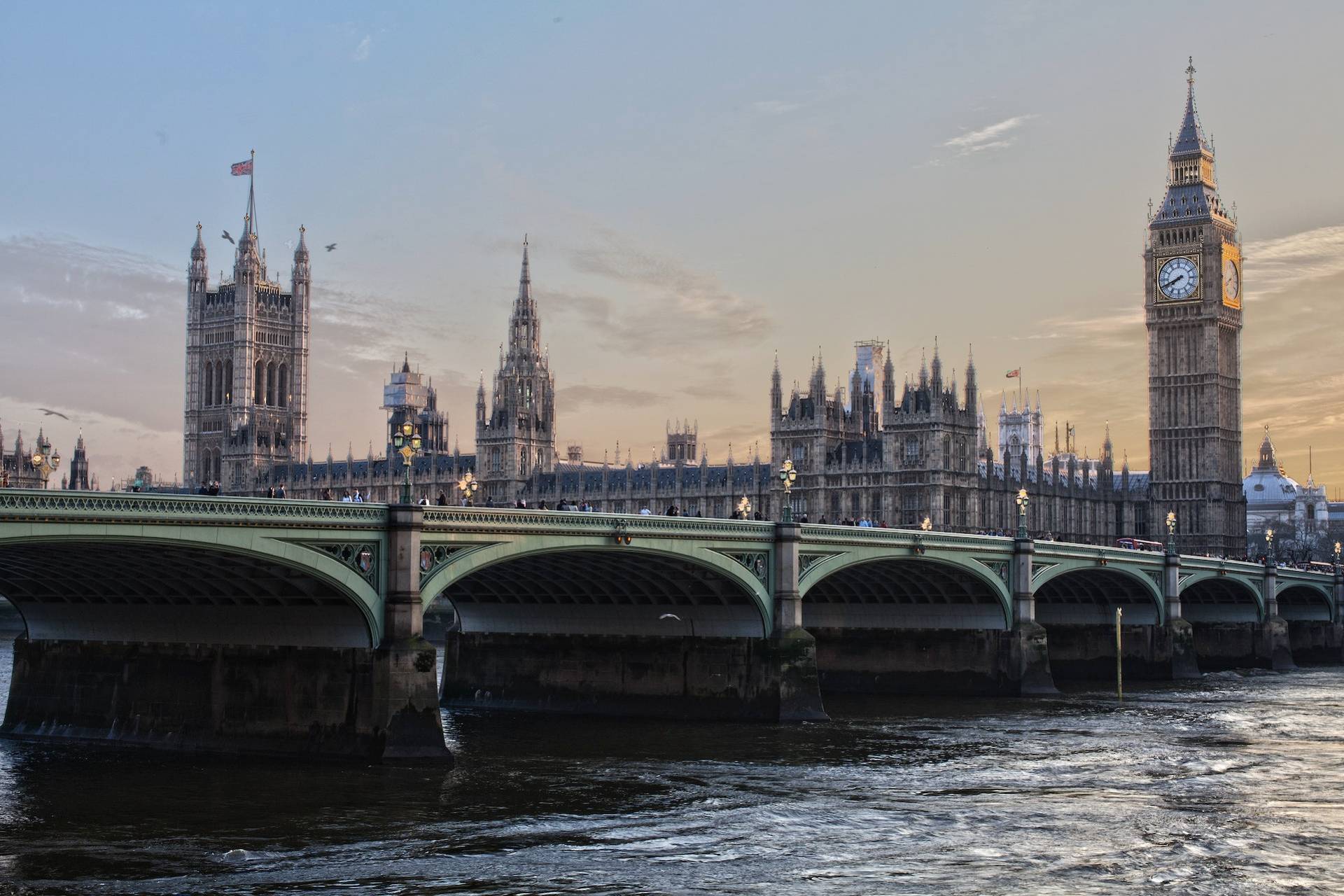Leaders from the world’s top banks, energy companies, and tech giants gathered on Tuesday (9 May) for the first-ever Net Zero Council meeting. Ministers convened the new Council with business and finance leaders to help drive forward the industry’s transition to net zero.
The government is pushing for further carbon reduction amongst businesses across all sectors of the economy. With the new structure of the Net Zero Council, the UK is aiming to stay on track to reach its 2050 net zero goals.
They key objectives of the council include:
Who runs the Net Zero Council?
The Net Zero Council is co-chaired by Energy Minister Graham Stuart and Co-op Group chief executive Shirine Khoury-Haq, with meetings set to be held on a quarterly basis to ensure steadfast progression and accountability. NatWest, Siemens, HSBC, SSE and Lloyds of London are among council members.
Energy Minister Graham Stuart said, “The Net Zero Council provides the high-level forum for government, business and finance leaders to work together to unlock the opportunities of the green transition.
“Tackling emissions can make businesses more energy efficient, improve UK energy security and, in turn, cut costs. It can open up opportunities to export UK developed solutions around the world, expand UK market share and create jobs.”
How will the Net Zero Council impact business?
By going green, management consultants McKinsey estimates a global market opportunity of £1 trillion for British businesses up to 2030.
In 2020 the UK was estimated to already have over 400,000 jobs in low carbon businesses and their supply chains across the country, with turnover at £41.6 billion. Over 80,000 green jobs are currently being supported or are in the pipeline because of new government policies since 2020, with that expected to increase to as many as 480,000 in 2030.
The Council aims to bring one coherent voice across government, finance, and business in order to support the UK’s key sectors in net zero transition while increasing green industry jobs.
Construction, manufacturing, retail and water and waste were identified as priority sectors to support and focus on, alongside the UK’s world-class university and R&D sectors, with capabilities of building cutting-edge technologies of the future, such as green aviation, hydrogen, CCUS and batteries.
Executive Director of the Aldersgate Group, Nick Molho, said, “The Net Zero Council, as a partnership between government, industry and finance, is an important step forward in this regard. It is essential that we work across sectors, identify the policy challenges that remain and work together to ensure delivery on the ground.













